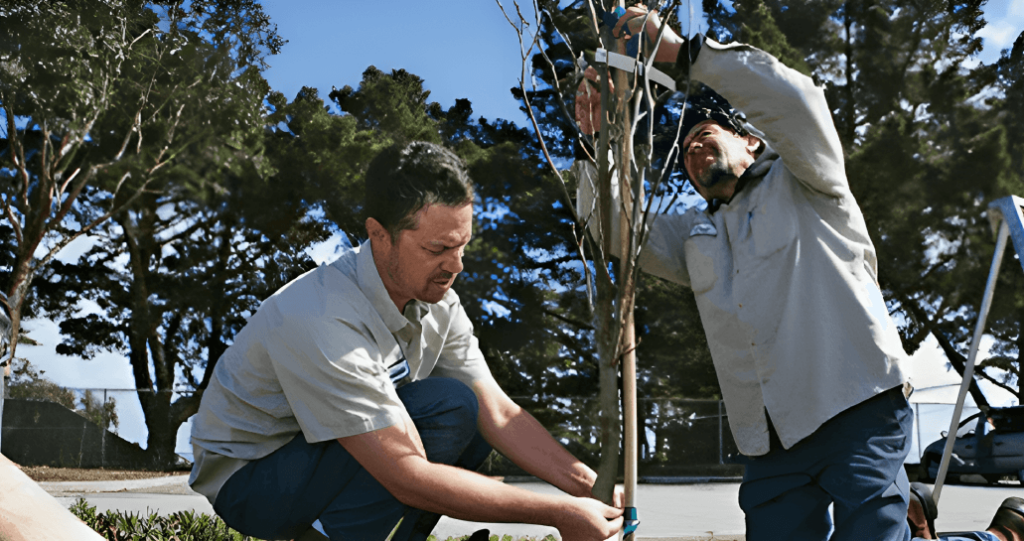This is a demo store. No orders will be fulfilled.
Protecting ourselves and the environment through the pandemic
Protecting ourselves and the environment through the pandemic
The Covid-19 crisis does not seem to be going away any time soon, meaning greater efforts to reduce our risks are necessary. This inevitably requires the use of more protective products, in addition to being mindful about our behaviours.
Unfortunately, recent months have seen a dramatic rise in plastic pollution, directly linked to the use of products such as disposable masks and gloves. This appears to have reversed the Blue Planet Effect, a phenomenon brought about by David Attenborough’s ocean-focused series. This resulted in commitments to plastic reduction due increased awareness of the devastating impact of single use plastic on our oceans and marine life.
In a time where we are more aware than ever of our environmentally impactful behaviour, it is essential that we find ways to improve pollution and littering caused by Covid-19. This appetite for change is underlined by the ban on single use plastics in England, which came into place in the beginning of October.
The easing of lockdowns and restrictions for many workers has seen increased interactions, and in line with this, an increase in Covid-19 littering. Here are a few simple steps that can be followed to help keep yourself safe during these times, while also protecting what matters:
1. Switch to a reusable mask
Reusable facemasks can be easily hand-made using common household items. The DIY approach allows for a personal touch and limitless colour and pattern options! The BBC have compiled step-by-step instructions for making three types of masks which can be found here https://www.bbc.com/news/uk-52609777
If you are not the crafty type, there are many great causes out there that you can support when purchasing a reusable mask. www.spaice.com are a new not-for-profit company, who give 60% of their profits to the Whale and Dolphin Conservation. This is a real win-win, both reducing the number of disposable masks that may end up in the sea, and supporting an organisation that is greatly impacted by the effects of ocean pollution.
2. Refill your water bottle
Reduce your risk and avoid going in to crowded shops for bottled water by filling your bottle at home. If you are on the go, download the Refill app which will show you where your nearest free Refill station is www.refill.org.uk.
7.7 billion water bottles are purchased across the UK annually – about three per person per week on average. The vast majority of these bottles are discarded, with many ending up in our rivers and oceans. There are many sustainable reusable bottles available, ranging in size and cost. Omni Bottle offer stainless steel bottles starting at £20, with £5 from each purchase going to animal charities. (www.omnibottle.com)
3. Work from home One of the best ways to protect ourselves and reduce potential exposure is to work from home, if possible. Unfortunately, this is not an option for everyone. Keep your workstation and other surfaces sanitised safely using approved products. www.spaice.com offer handy tubs of anti-bacterial surface wipes, which are made from recyclable paper.
4. Avoid public transport
Navigating public transport while staying socially distant can be difficult. Often, particularly for longer journeys, and those with mobility issues, this is unavoidable. However, there may be alternatives available to others, such as those living and working in cities. In London, the average bus journey is approximately 2.7 miles. While this might be a little long for a workplace commute walk, it is very manageable by bike or e-scooter. Cycling has also been found to have incredible positive health benefits for those that cycle regularly. Cycling UK have compiled a comprehensive guide on bike hiring and public bike share schemes here https://www.cyclinguk.org/article/guide-hire-bikes-and-public-bike-share-schemes. If your landscape is hilly or your fitness levels are lower, you can check out an e-bike, which takes out much of the effort. Halfords offer free trials for 48 hours to see if one would work for you https://www.halfords.com/bikes/services/e-bikes-try-before-you-buy.html
5. Avoid crowded spaces
Avoid queuing in crowded spaces to pick up your coffee or lunch. Stay safe and take your own with you. Up your lunch game with these fantastic vegan recipes which can be easily taken in a lunchbox and reheated https://www.forksoverknives.com/recipes/vegan-menus-collections/top-vegan-lunch-dinner-recipes/
Making your own coffee in the morning will not only save you money, but will have a positive impact on the environment by reducing the number of single-use coffee cups and lids which are disposed of every day. In the UK, 2.5 billion coffee cups end up in the rubbish each year. Make yours at home with one of these sustainable coffee brands https://www.thegoodtrade.com/features/fair-trade-coffee-brands
Get a really funky recycled rice husk double-compartment lunchbox from Peace With The Wild. These are 100% natural and biodegradable.
6. Wearing gloves
Wearing disposable gloves may seem like a good idea to protect yourself, however this has been shown to be largely ineffective, and may in fact, increase transmission of bacteria. Instead, it is better to get into the habit of regular handwashing/sanitising.
Using a sanitiser when you are out and about, and thorough hand-washing with soap when you are indoors is the most effective way to protect your hands. Ensure that hand sanitiser is at least 60% alcohol for effectiveness. Making this switch will also have a positive impact on the environment, reducing unnecessary plastic waste.
7. Eating out
Take your own cutlery from home for eating take-out at lunch. This will reduce the need to handle items in the café or your workplace canteen, while also reducing the demand for single use plastic items.
Alternatively, you can invest in a reusable bamboo cutlery set which is compact and portable. Here is one of our favourite sets which comes in a handy pouch, from The Plastic Free Shop https://www.theplasticfreeshop.co.uk/bamboo-cutlery-set-in-jute-pouch
Working at home and avoiding contact with people can be lonely. It is also important to take care of your mental health while protecting yourself and others from the virus. Don’t be afraid to reach out to services that can support people through these difficult times.

